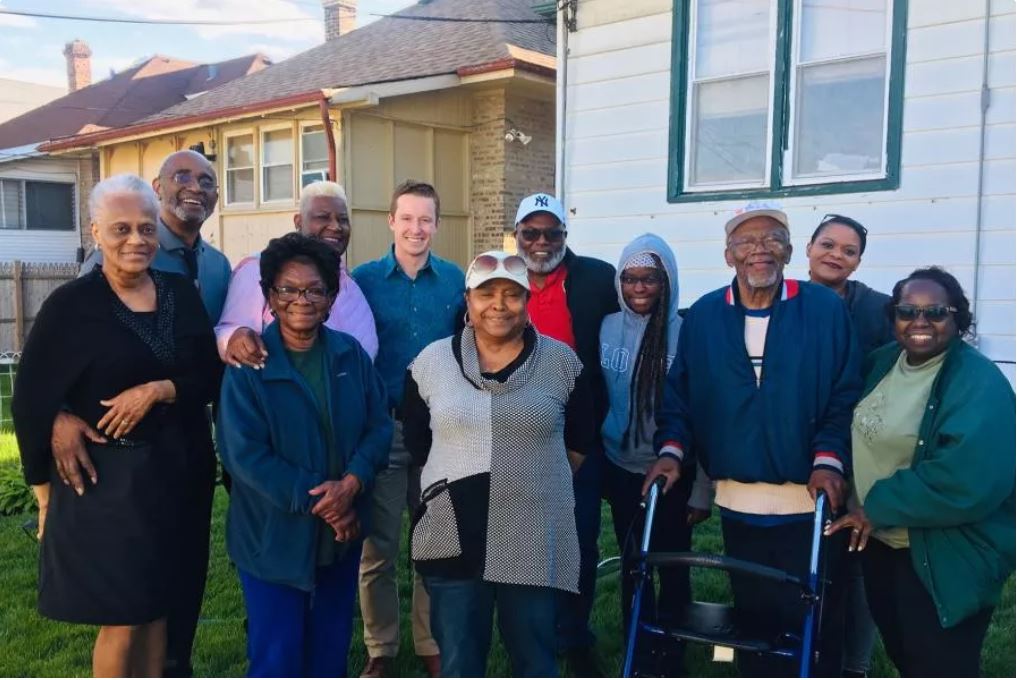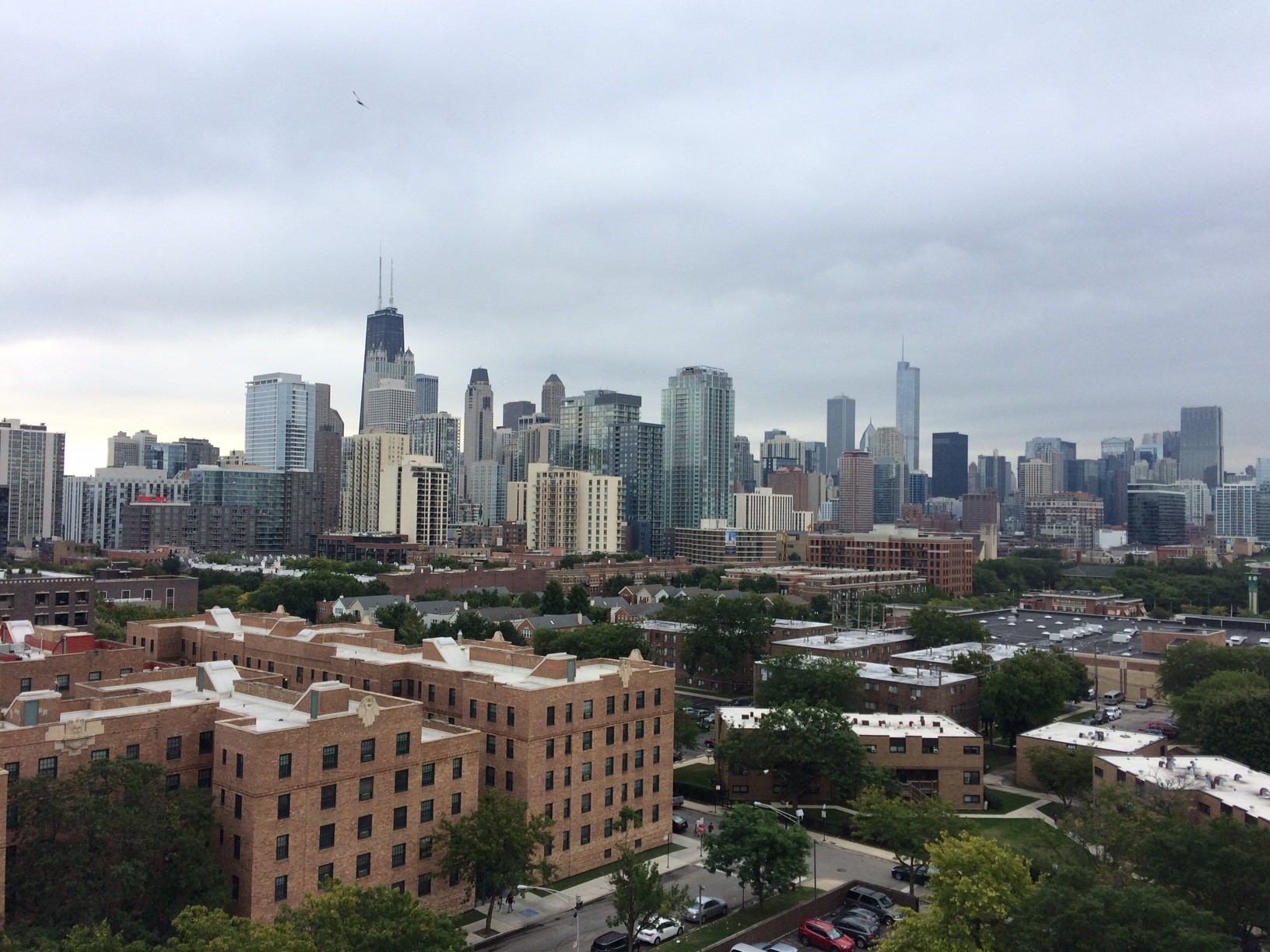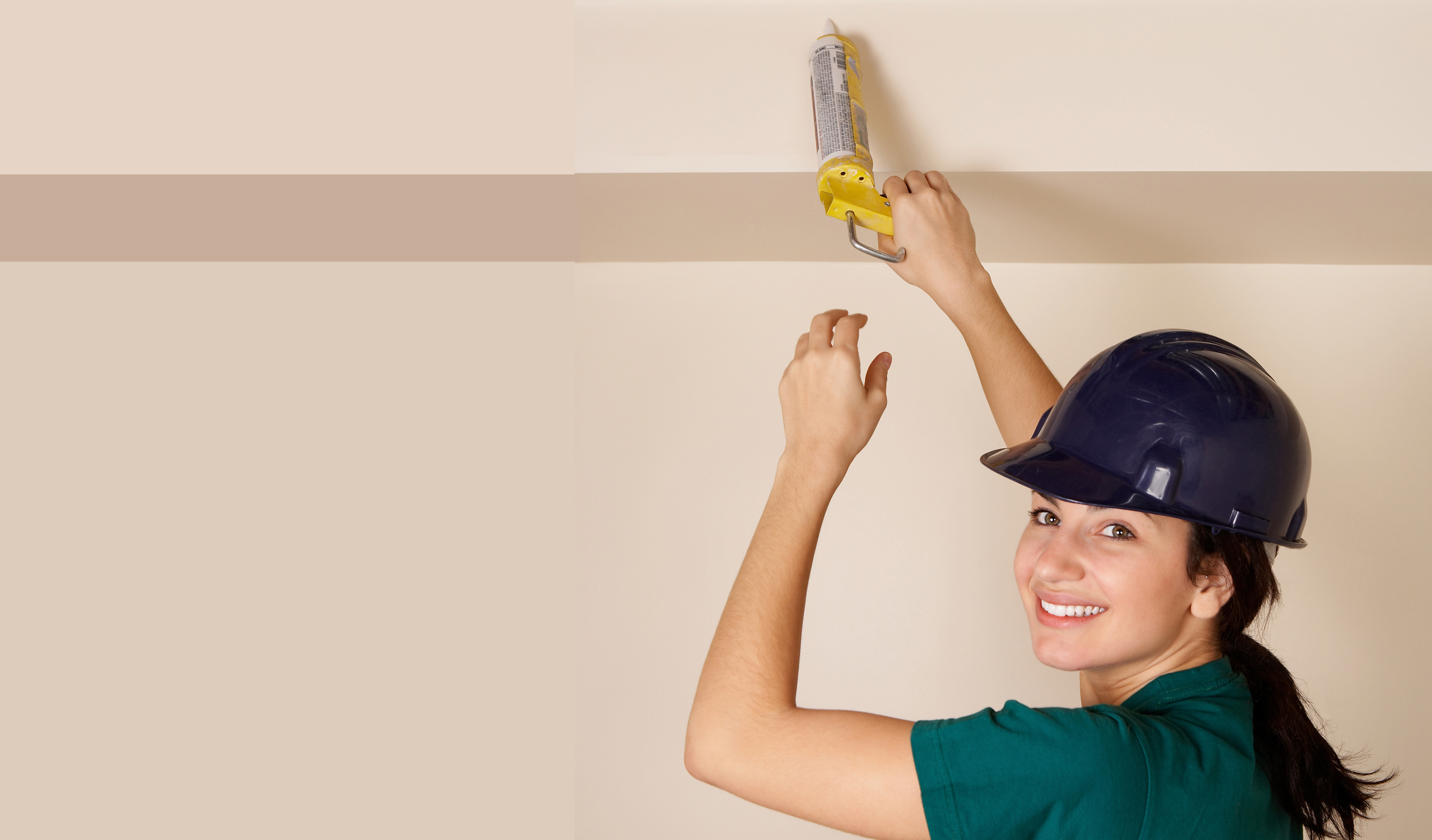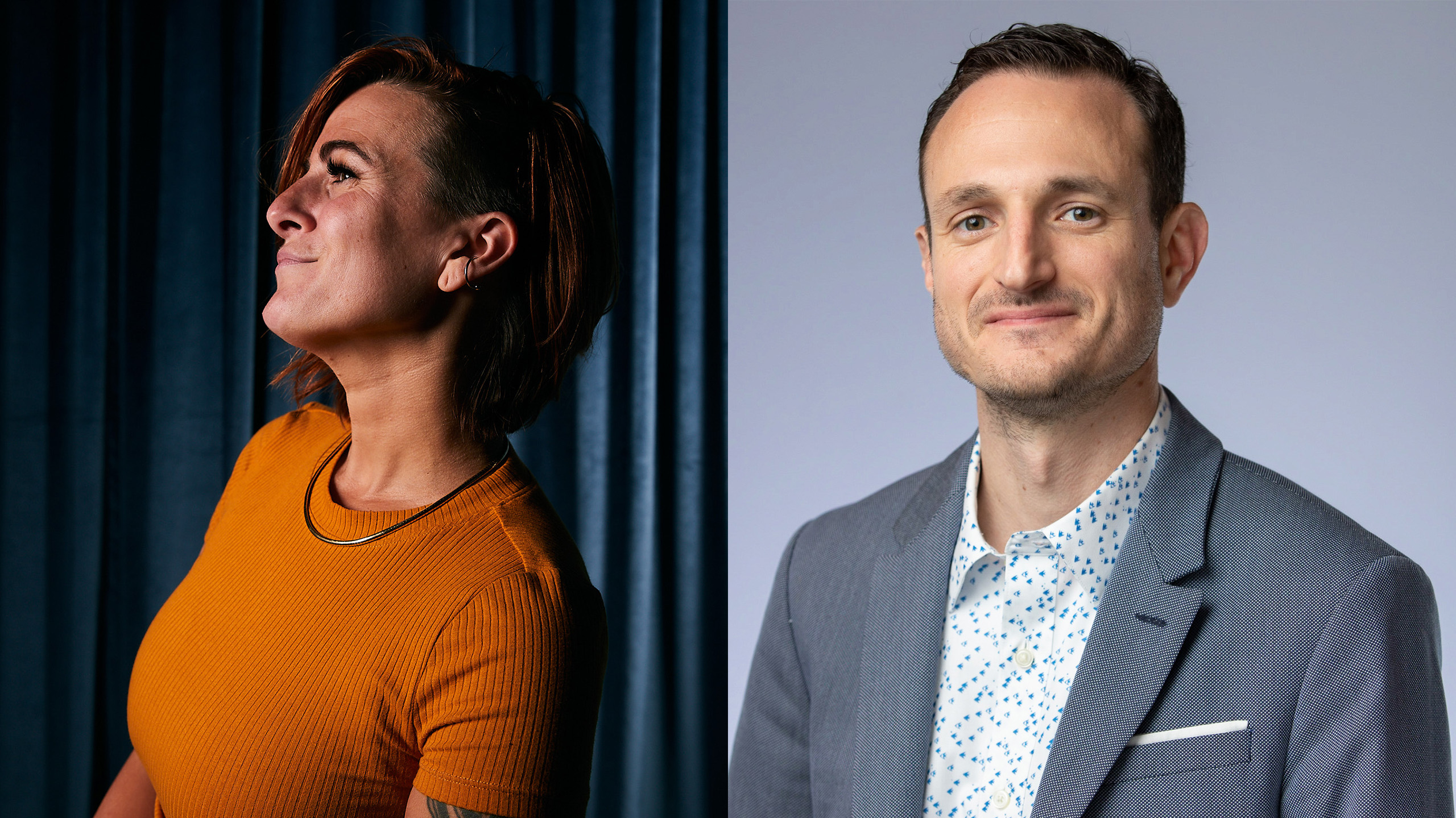Reflecting on Chicago’s 1995 Heat Wave, COVID-19, and Housing Inequity
We need your help to purchase, deliver, and install air conditioning units for our seniors!
This summer marks 25 years since Chicago’s 1995 heat wave, a week of record-high temperatures that resulted in over 700 deaths, predominantly of people who were low-income, seniors, and people of color residing on Chicago’s South and West sides. Studies including Judith Helfand’s influential documentary “COOKED: Survival by Zip Code” highlight the underlying poverty, racism, and disinvestment that resulted in the concentration of deaths in these neighborhoods.

We work with seniors to do home repairs that help them make their homes more accessible.
Today, we’re in the midst of another hot summer, with the added complication of a pandemic that’s also particularly lethal to seniors and people of color. We need your help to purchase, deliver, and install air conditioning units for our seniors. Air conditioning units help save lives during a heat wave – during the 1995 heat wave, “nobody who had an air conditioner who used it died.”
COVID-19 is exposing the same economic and racial inequities that were aggravating factors in the heat wave. A map of Chicago’s death toll from the 1995 heat wave is almost identical to Chicago’s map of COVID-19 deaths, with the deaths in both maps concentrated on the city’s South and West sides. Both crises are rooted in the systemic economic and health inequities that Chicago’s communities of color face – structural inequities that are also at the root of police brutality, as seen recently in the killing of George Floyd. While we have accomplished a lot in the last 25 years, the systemic devaluation of communities of color remains.
Housing has been shown to be directly linked to health outcomes, including economic, social, and physical health. In the 1995 heat wave, housing factors including air conditioning, insulation, and proximity to hospitals and neighbors became life or death factors. During the COVID-19 pandemic, homes with poor air quality have exacerbated the respiratory effects of the virus. Structural disinvestment has created inequity in housing, causing communities with lower-income residents and communities of color to experience more of these housing challenges.
“Housing is a clear indicator of health, both directly and indirectly,” says Anne Evens, CEO of Elevate Energy. “Physical health is one factor, but a safe and healthy home also provides a solid foundation for education, employment, and a social life. Housing problems are life problems.”

Chicago has a housing stock of many energy-inefficient historic buildings, making it particularly affected by extreme heat events.
At Elevate Energy, we believe that everyone is deserving of safe and healthy housing, no matter who they are or where they live. To address housing and energy challenges, we must also address the inequities that place these challenges disproportionately on vulnerable communities. By working on environmental health and energy efficiency work in low-income communities, we help reduce utility costs and keep housing more affordable. We also continue to advocate for innovative projects around cooling and keeping our communities safe during heat waves.
As part of a group of concerned residents, community leaders, and allies, we are raising our voice to request action from the City of Chicago. An open letter from the group details the full list of actions requested from the City.
“Climate change will bring more heat waves to Chicago in the coming years,” says Anne Evens. “It’s important that we address the systemic inequities in housing that disproportionately affect vulnerable communities so we can prevent further disaster.”
The full documentary “COOKED: Survival by Zip Code” is available to stream for free on PBS. Learn more about Elevate Energy’s environmental health initiatives, energy efficiency programs, and COVID-19 resources.



